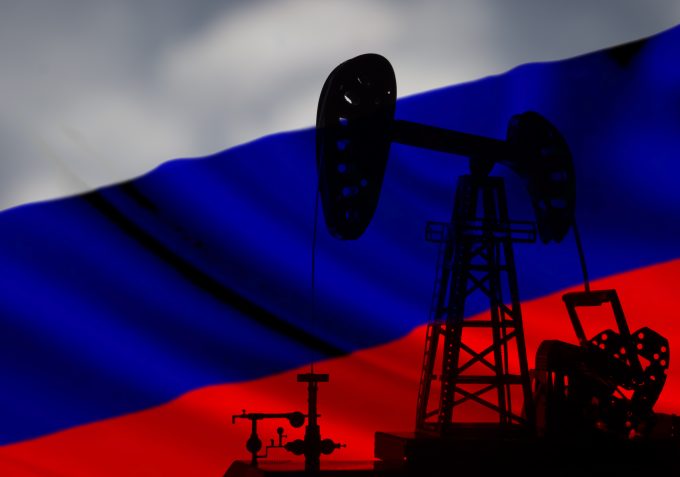Europe's logistics operators tighten security after alert by UK counter-terror services
Details are emerging of an investigation by counter-terrorism police into a fire at a DHL ...
FDX: ABOUT USPS PRIVATISATIONFDX: CCO VIEWFDX: LOWER GUIDANCE FDX: DISRUPTING AIR FREIGHTFDX: FOCUS ON KEY VERTICALFDX: LTL OUTLOOKGXO: NEW LOW LINE: NEW LOW FDX: INDUSTRIAL WOESFDX: HEALTH CHECKFDX: TRADING UPDATEWMT: GREEN WOESFDX: FREIGHT BREAK-UPFDX: WAITING FOR THE SPINHON: BREAK-UP ALLUREDSV: BREACHING SUPPORTVW: BOLT-ON DEALAMZN: TOP PICK
FDX: ABOUT USPS PRIVATISATIONFDX: CCO VIEWFDX: LOWER GUIDANCE FDX: DISRUPTING AIR FREIGHTFDX: FOCUS ON KEY VERTICALFDX: LTL OUTLOOKGXO: NEW LOW LINE: NEW LOW FDX: INDUSTRIAL WOESFDX: HEALTH CHECKFDX: TRADING UPDATEWMT: GREEN WOESFDX: FREIGHT BREAK-UPFDX: WAITING FOR THE SPINHON: BREAK-UP ALLUREDSV: BREACHING SUPPORTVW: BOLT-ON DEALAMZN: TOP PICK

Rules mandating cleaner shipping fuels – set to take effect from 2020 – will hit Russia’s wallet. The country is the world’s largest exporter of high-sulphur oil and, according to Bloomberg, it does not look prepared for the change. Unlike its competitors in Europe and the US, which have braced themselves and made necessary changes, Russian companies have reportedly done very little. One analyst said the country had no chance of being fully prepared and would be forced to sell its oil at a “widening discount”.
Comment on this article